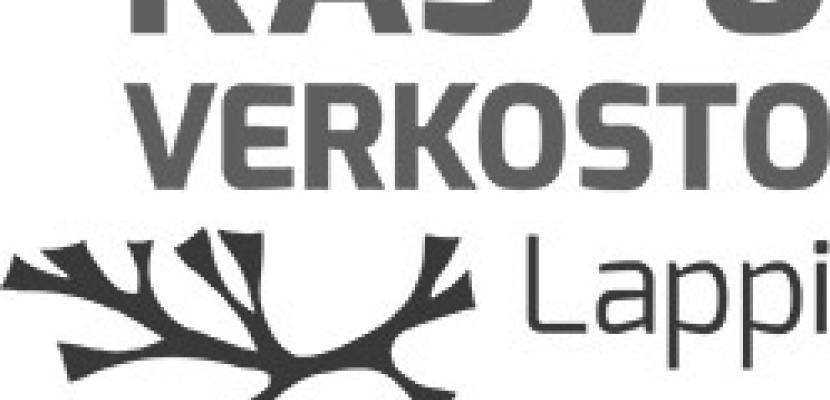Image

Lapland micro-enterprises growth network
Published on 31 May 2020

Finland
This is the good practice's implementation level. It can be national, regional or local.
About this good practice
Actions to promote the growth and internationalisation are mainly targeted at larger enterprises. The main objective of the Lapland micro-enterprises growth network project is to develop the operational environment of micro-sized enterprises to complement and support the existing regional business services. The practice is based on the work of MicroENTRE Growth Network concept by MicroENTRE, Microentrepreneurship Center of Excellence at the University of Oulu.
The practice-based and micro-enterprise led activities include especially sales and export experimentations to reduce barriers to growth. The core of the model is monthly based meetings hosted by enterprises on themes chosen by enterprises with support by experts to help in sharing and finding new knowledge and solutions especially on digital applications. Micro-enterprises direct also the RDI activities ensuring the benefit for their need. Under the project more flexible and agile ways to utilise the RDI infrastructure to produce rapid experimentations. In collaboration with regional educational institutes the students may support in producing demos and opening recruit possibilities at the same time while strengthening the collaboration between enterprises and educational institutes. During the project, the model is to be implemented in two subregions with the help of local development companies. There is also plans already to scale-up the operation to cover the whole region.
The practice-based and micro-enterprise led activities include especially sales and export experimentations to reduce barriers to growth. The core of the model is monthly based meetings hosted by enterprises on themes chosen by enterprises with support by experts to help in sharing and finding new knowledge and solutions especially on digital applications. Micro-enterprises direct also the RDI activities ensuring the benefit for their need. Under the project more flexible and agile ways to utilise the RDI infrastructure to produce rapid experimentations. In collaboration with regional educational institutes the students may support in producing demos and opening recruit possibilities at the same time while strengthening the collaboration between enterprises and educational institutes. During the project, the model is to be implemented in two subregions with the help of local development companies. There is also plans already to scale-up the operation to cover the whole region.
Expert opinion
The Lapland micro-enterprises growth network is an interesting approach to overcome the usually observed limited involvement of micro-sized companies in collaborative activities, due to the lack of resources.
The success of the initiative builds on its capacity to generate a low-barrier offer, which is attractive enough to mobilise companies. This key offer consists in the organisation of regular meetings hosted by enterprises. It has mainly two strong assets:
- Meeting with peers and visiting their premises offers at first more tangible information for business owners that meeting with consultants.
- The regular meetings contribute to create the necessary trust among the members of the network to engage into further collaborative activities.
Finally it is important to highlight the role of a neutral and knowledgeable coordinator like a University.
The success of the initiative builds on its capacity to generate a low-barrier offer, which is attractive enough to mobilise companies. This key offer consists in the organisation of regular meetings hosted by enterprises. It has mainly two strong assets:
- Meeting with peers and visiting their premises offers at first more tangible information for business owners that meeting with consultants.
- The regular meetings contribute to create the necessary trust among the members of the network to engage into further collaborative activities.
Finally it is important to highlight the role of a neutral and knowledgeable coordinator like a University.
Works at
Interreg Europe Policy Learning Platform
Resources needed
Total cost of € 500 096 with € 350 068 of public support.
Evidence of success
The model has proven to be effective spreading to a national network with five regions and 300 micro-enterprises. The concept has been well received in Lapland and the network being established with the initial goal of 60 enterprises being exceeded in the early phase. The network has led into practical multidisciplinary collaboration between companies e.g. in form of mutual support and sales, co-marketing and co-projects. Creative and ICT companies have been in key roles in the collaboration.
Potential for learning or transfer
The sharing of good practices and knowledge thorough the project has supported separate companies from different fields yet with similar needs to learn together and find practical collaboration possibilities. The practical approach with various different actors has supported collaboration among companies and between educational and RDI institutes. The physical visits to various other companies has been found to be a key factor in establishing the network and collaboration. Many of the companies involved have been from CCI involving also ICT. This link could be further emphasised with the aim on creative digital solutions.
Further information
Website
Good practice owner
You can contact the good practice owner below for more detailed information.
Organisation
University of Lapland

Finland
Pohjois- ja Itä-Suomi
Contact
Coordinator / Project Manager
